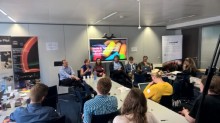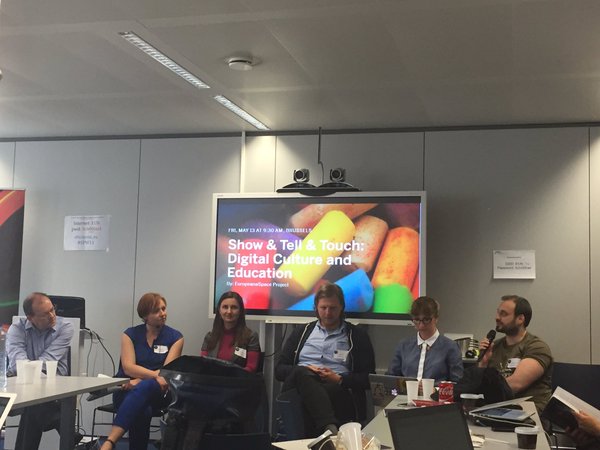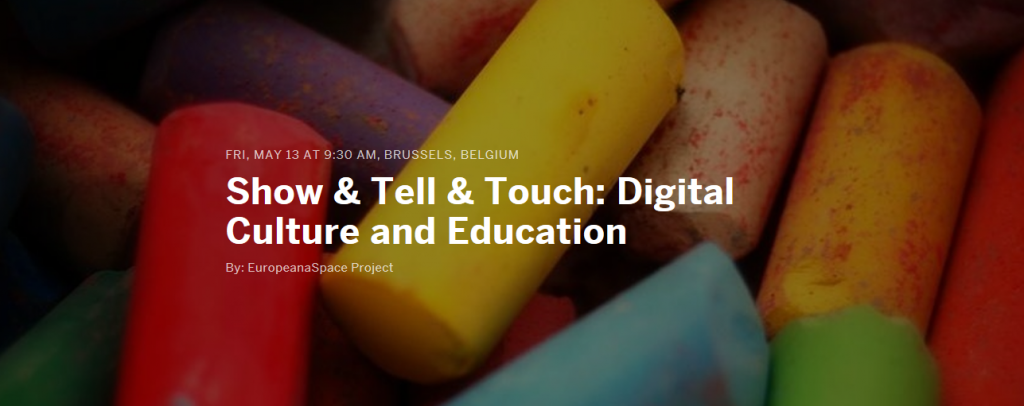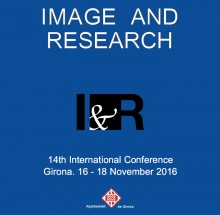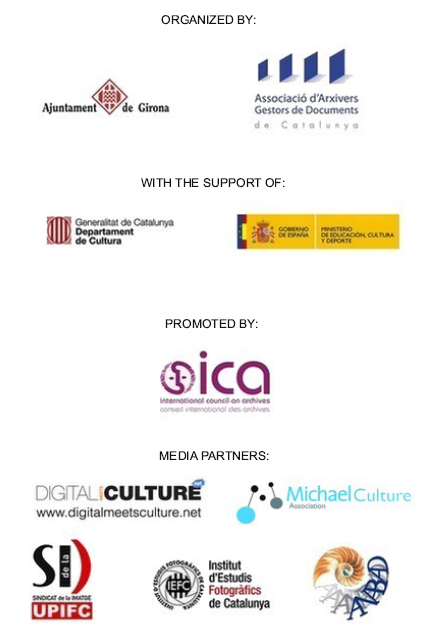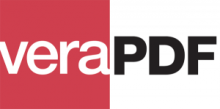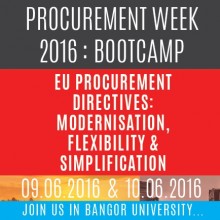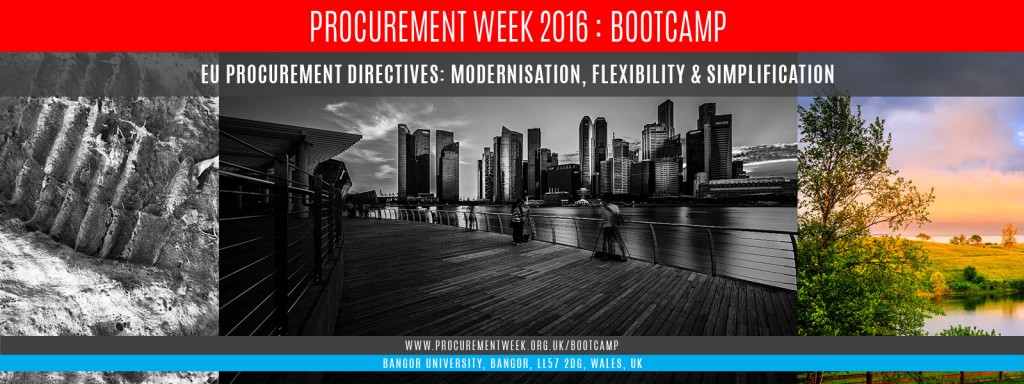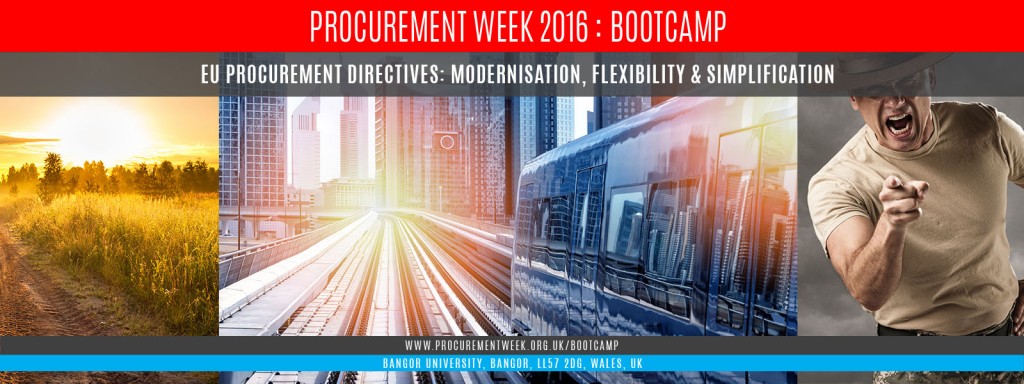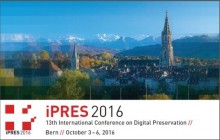 PREFORMA will contribute actively at IPRES 2016, the 13th International Conference on Digital Preservation, with both a workshop and a presentation.
PREFORMA will contribute actively at IPRES 2016, the 13th International Conference on Digital Preservation, with both a workshop and a presentation.
The workshop, entitled “Quality standards for preserving digital cultural heritage” will be held on Wednesday 5 October 2016.
The speech (“Status of CELLAR: Update from an IETF Working Group for Matroska and FFV1“, by Ashley Blewer and Dave Rice) will present the IETF CELLAR working group and MediaArea’s efforts towards the standardisation of Matroska and FFV1.
iPRES is the longest standing digital preservation conference in the world. This important event brings together key theorists, researchers and practitioners to explore the latest trends, innovations, policies and practices in digital preservation.
About the workshop
Memory institutions face increasing volumes of electronic documents and other media content for long term preservation. Data are normally stored in specific formats for documents, images, sound, video, etc., produced by software from different vendors. This software is controlled neither by the institution producing the files, nor by the institution that archives it. This obligates memory institutions to carry out conformance tests before accepting transfers of electronic collections, but again these are beyond the control of the institution and can be unreliable. This poses problems for long-term preservation. Digital content, meant for preservation, passing through an uncontrolled generative process can jeopardise the preservation process. The objective of PERFORMA (PREservation FORMAts for culture information/e-archives) – a Pre Commercial Procurement project co-funded by the European Commission under its FP7-ICT Programme – is to give memory institutions full control of the conformance testing of files created, migrated and ingested into archives. This is achieved through the development of open source tools which enable this process within an iteration that is under the full control of memory institutions. The project aims to establish a sustainable ecosystem involving interested stakeholders from a variety of backgrounds, including researchers, developers and memory institutions. The workshop will present the results of the project, including demonstration of the conformance checkers developed during the prototyping phase. This will inform a discussion with the digital preservation community – open source community, developers, standardization bodies and memory institutions – about the opportunities offered by PREFORMA and the challenges that are still to be addressed.
About the speech
The Internet Engineering Task Force, an open and independent international standards organization, has chartered a working group named CELLAR (Codec Encoding for LossLess Archiving and Realtime transmission) in order to develop specifications for Matroska (audiovisual container), FFV1 (lossless video encoding), and FLAC (lossless audio encoding) for use in archival environments and transmission. This paper will review the status of this ongoing work and provide an overview of the challenges and intricacies of audiovisual specification development. Topics will also include the benefits of open standards within the context of digital preservation, methods for advocating for and supporting implementation of standards, and the relationships between specification development and validator development. Additionally the paper will compare and contrast existing implementations of lossless audiovisual workflow and present current best practices for lossless audiovisual encoding and which practices may be feasible in the future.
For further information about the workshop visit the IPRES website at www.ipres2016.ch/frontend/index.php?page_id=2833.



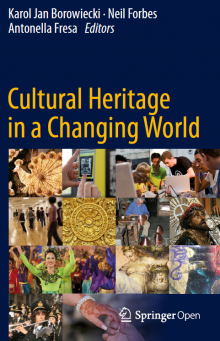
 Developed within the RICHES FP7 research project about the context of change of our society and cultural heritage, the book “Cultural Heritage in a Changing World” addresses several core topics, through essays of important experts, adding to the debates surrounding the cultural heritage domain.
Developed within the RICHES FP7 research project about the context of change of our society and cultural heritage, the book “Cultural Heritage in a Changing World” addresses several core topics, through essays of important experts, adding to the debates surrounding the cultural heritage domain.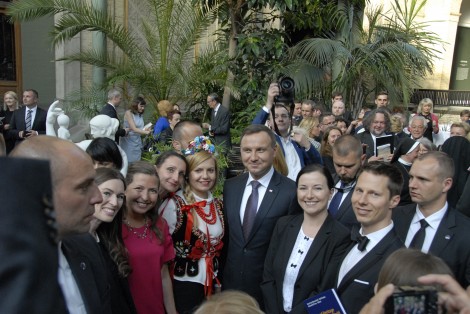
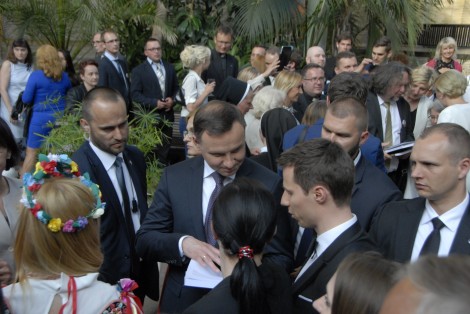
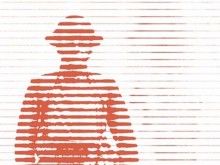
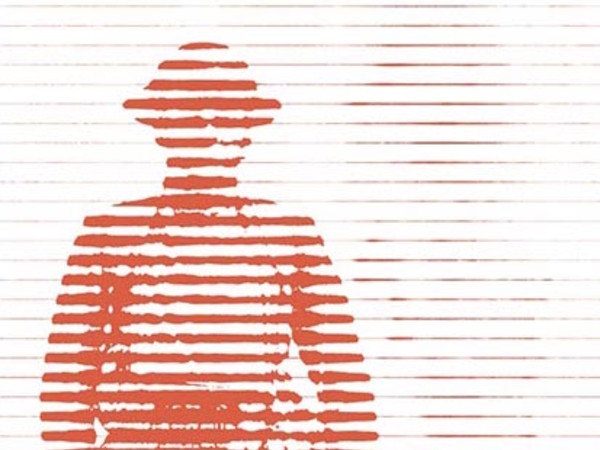 Gorizia is the place chosen for the site-specific installation made by Josha Cesa: a great artwork of multi-sensory contemporary art, which will be placed directly inside a pedestrian tunnel of 350 meters linking the center of the Italian city with the Slovenian Carso upland.
Gorizia is the place chosen for the site-specific installation made by Josha Cesa: a great artwork of multi-sensory contemporary art, which will be placed directly inside a pedestrian tunnel of 350 meters linking the center of the Italian city with the Slovenian Carso upland.
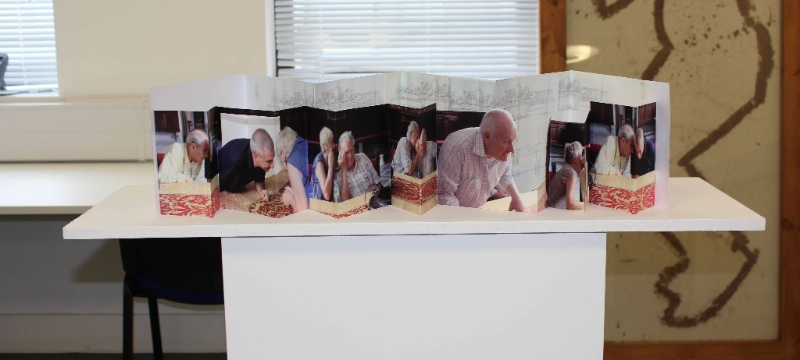
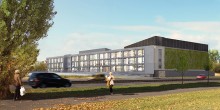
 The
The 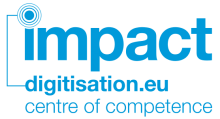 The
The  The digitisation days will take place in Poznań, on October 6-7, 2016 and it is organised by the Poznań Supercomputing and Networking Center, in collaboration with the Impact Centre of Competence.
The digitisation days will take place in Poznań, on October 6-7, 2016 and it is organised by the Poznań Supercomputing and Networking Center, in collaboration with the Impact Centre of Competence. The
The 